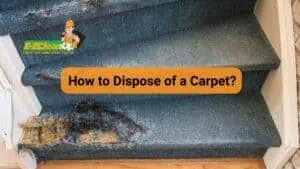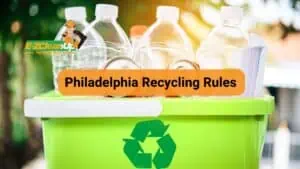Explore options to clear out college textbooks: Sell them online or locally, donate to support education, recycle or upcycle creatively, or swap them. Each method provides a beneficial way to manage your excess books.
Here’s a deeper look into each option on how to get rid of college books.
Option 1: Selling Textbooks
Selling your college textbooks frees up space and can also help recoup some of the costs. Here’s how you can do it effectively:
Online Platforms
Many websites offer the ability to sell used textbooks directly to buyers or through a book buyback service. Amazon, for example, has a large customer base. It allows sellers to list textbooks directly to buyers, which might help in fetching a better price, though it might take longer to sell.
Most of the platforms you can use to sell your old textbooks typically allow you to list the books by entering the ISBN. Some even offer price comparison tools to ensure you get the best deal. Look for those that offer free shipping and quick payment options.
Local Bookstores
Your local bookstores can be great spots to sell your textbooks quickly. The process usually involves bringing your books to the store for immediate appraisal and often receiving instant payment in cash or store credit. This method is particularly useful if you need immediate returns and prefer face-to-face transactions.
Campus Bookstores
You can also try selling your books at campus bookstores. Often a first thought for many students, these bookstores might buy back textbooks, especially if they will be used in upcoming courses. However, availability depends on future course requirements.
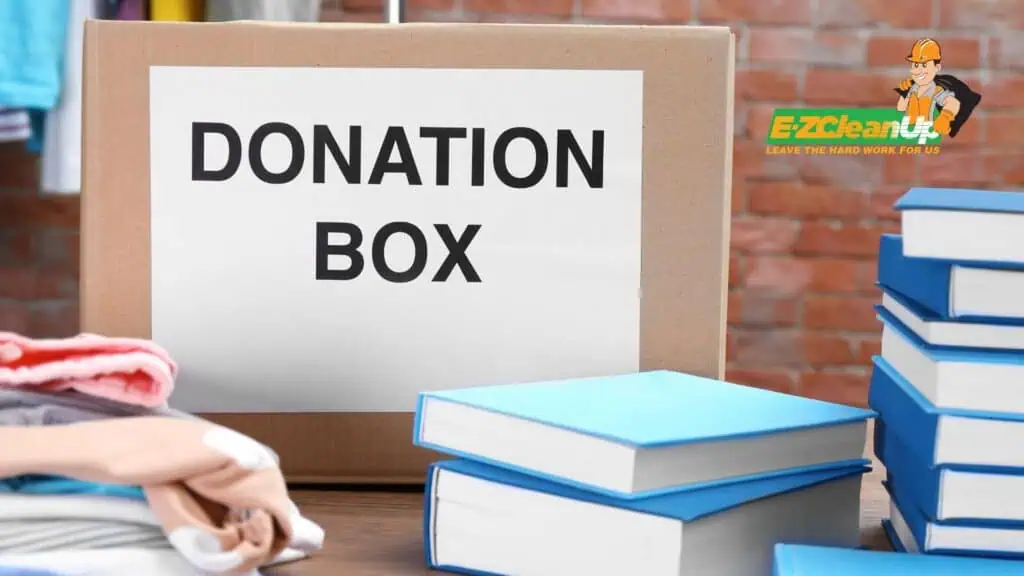
Option 2: Donating Textbooks
Donating textbooks is a beneficial way to recycle educational materials and support literacy and learning. Here’s how you can effectively prepare and contribute to various types of programs and organizations that accept book donations:
- Educational Institutions: Schools, from elementary to college level, often accept textbook donations to supplement their library collections or provide resources for low-income students.
- Public Libraries: Local libraries sometimes have programs that accept textbook donations to expand their collections or replace outdated materials.
- Non-Profit Organizations: There are numerous non-profits focused on literacy and education, particularly in underserved regions, that use book donations to build up learning resources.
- International Aid Programs: These programs send books to educational institutions in developing countries. They help bridge the global literacy gap.
- Prison Education Programs: Books are donated to prison libraries to support inmate education and rehabilitation efforts.
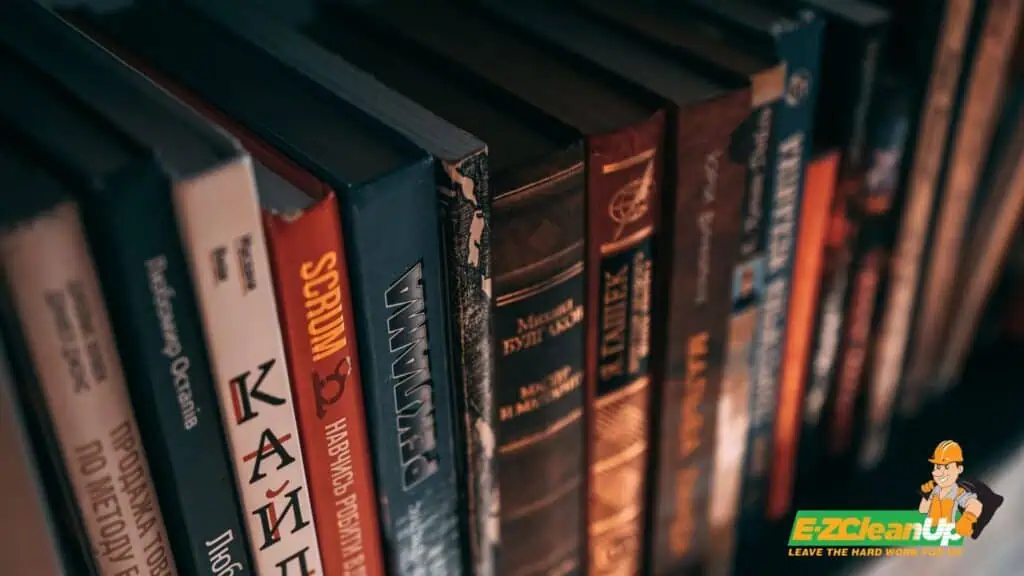
Preparing Books for Donation
Preparing your textbooks for donation involves a few important steps to ensure they are useful to the recipient. First, ensure the books are in good condition, free from significant damage like missing pages or severe markings.
It’s also important to check that the content of the textbooks is current, as outdated materials may be less beneficial, especially in rapidly evolving fields such as science and technology. Organizing the books by subject can also help streamline the donation process, especially if they are destined for specific programs or needs.
Finally, any personal notes or information should be removed to ensure privacy and make the books immediately usable for new readers.
Benefits of Donating Textbooks
The benefits of donating textbooks extend beyond simply decluttering your space. These donations support educational opportunities for individuals who might not otherwise have access to necessary learning materials. This means that the action helps promote literacy and educational equity.
Additionally, by extending the life of these textbooks, you contribute to environmental sustainability. This is because you’re doing your share to reduce waste and the demand for new resources. The act of donating itself fosters a sense of community and shared responsibility. It encourages a culture of generosity and support for educational development.
As Louis Gilbert from EduBirdie.com points out, “Many students find themselves with a stockpile of textbooks after graduation, unsure whether to keep or sell them. While some might be useful for reference in future careers, others may not be relevant and could be collecting dust. The key is to be ruthless! If you haven’t cracked open a textbook in over a year, and it’s unlikely you’ll need it for future reference (especially for those specific classes you aced the essays and exams in), then it’s probably time to let it go.”
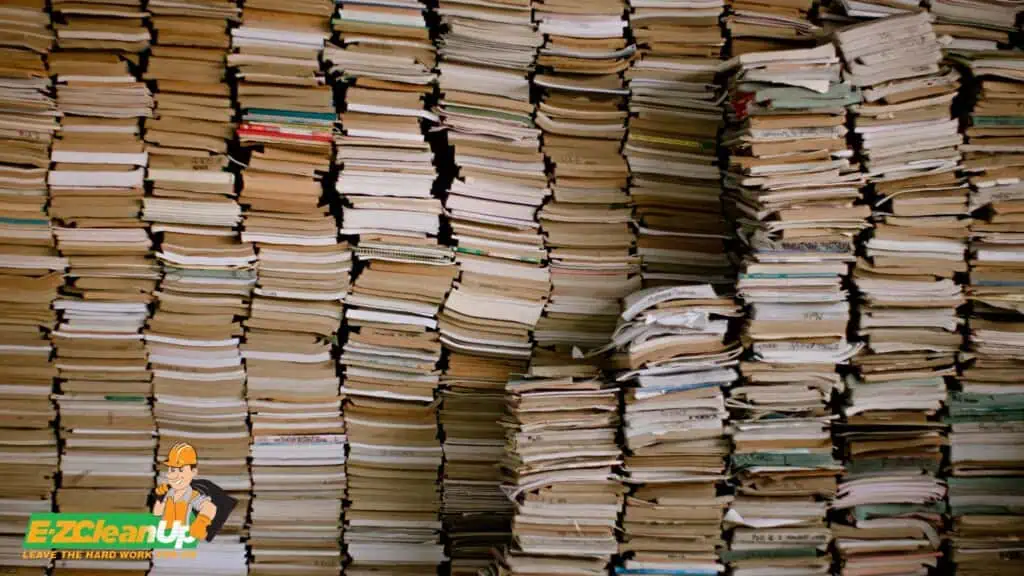
Option 3: Recycling and Upcycling
If the books are outdated, and you can’t sell or give them away, you can consider recycling. When preparing books for recycling, it’s important to know whether they are paperbacks or hardcovers, as this affects how they should be processed.
Paperback books can generally be recycled whole. But hardcovers need to have the covers removed due to their non-paper components like glue and cardboard.
Check with your local recycling facility or municipal guidelines to confirm their specific requirements. Many communities have curbside recycling programs that accept books.
However, it’s wise to verify what types of books are accepted and whether any preparation, such as removing hardcovers, is necessary. If you want to learn more about recycling books, read this guide.
Creative Reuse
If recycling isn’t an option, consider upcycling outdated college books to extend their life and utility. There are numerous creative projects to transform old books into decorations or practical items.
Here are some samples:
- Hidden Storage Boxes: By gluing the pages together and cutting out a compartment, old textbooks can be turned into secret storage boxes that look like books on a shelf.
- Bookshelf Decor: Create visually appealing arrangements on bookshelves by transforming textbooks into art pieces. This could involve painting the covers or stacking them in interesting ways to add texture and color to a room.
- Picture Frames: Use the hardcovers of textbooks to make durable and aesthetically unique picture frames. This can involve cutting a frame shape out of the book cover and using the rest of the book to stand it up.
- Furniture: Stack textbooks tightly and bond them together to create small furniture pieces like stools or side tables. Covering them with a cushion or glass top adds functionality and style.
- Wall Art: Pages from textbooks can be used to create collages for wall art. This can be particularly engaging if the book pages have interesting diagrams or text layouts.
- Notebook Covers: Use the covers of old textbooks to craft new covers for journals or notebooks. This is especially fitting for a study area or as a gift for someone who appreciates vintage styles.
- Bookmarks: Craft durable bookmarks using the spines or stiffer parts of textbook covers. These can be further embellished with ribbons or other decorative items.
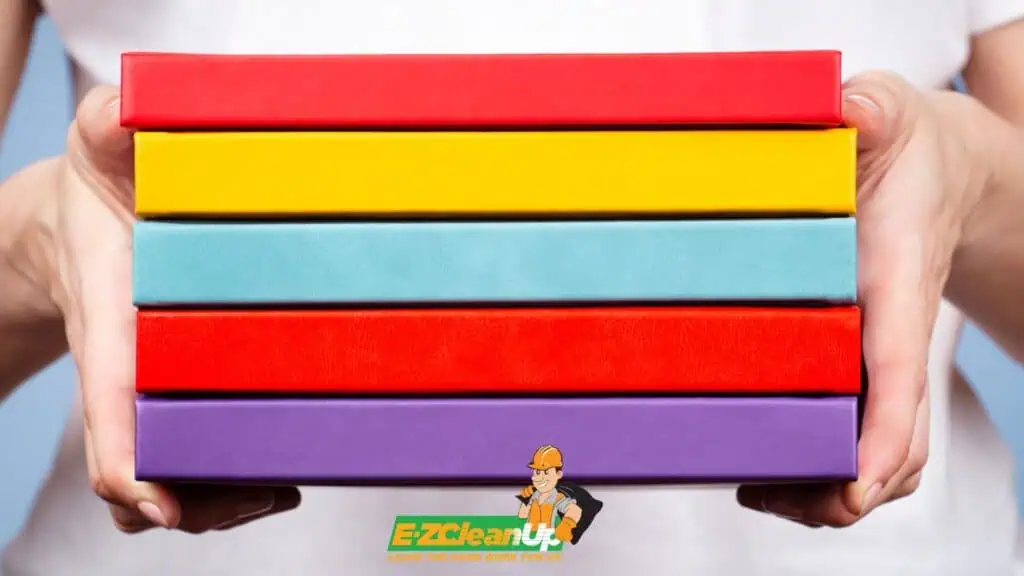
Option 4: Alternative Uses for College Books
Book swap programs offer a communal way for readers to exchange their used books, including textbooks, for others they have not read yet. One of the largest online platforms for this is PaperBack Swap, which allows users to list books they want to trade.
Once a book is requested, members mail their book to receive a credit that they can use to request a book from someone else. This cycle helps keep books in circulation and extends their useful life.
Another option and practical solution for students and readers who do not wish to keep books long-term is textbook rental services. Many online platforms provide flexible rental options where you can choose how long you need the book, often at a fraction of the cost of purchasing it.
Keeping Your Books
For textbooks worth keeping, whether for future reference or potential value increase, you must ensure they are properly stored. Keep your books in a cool, dry place to avoid damage from humidity or heat.
Avoid direct sunlight, which can fade covers and pages over time. If you’re keeping books that you believe will increase in value, such as rare editions or those signed by the author, consider additional protective measures like archival-quality book covers. This preserves the physical condition of the book while maintaining its aesthetic appeal.
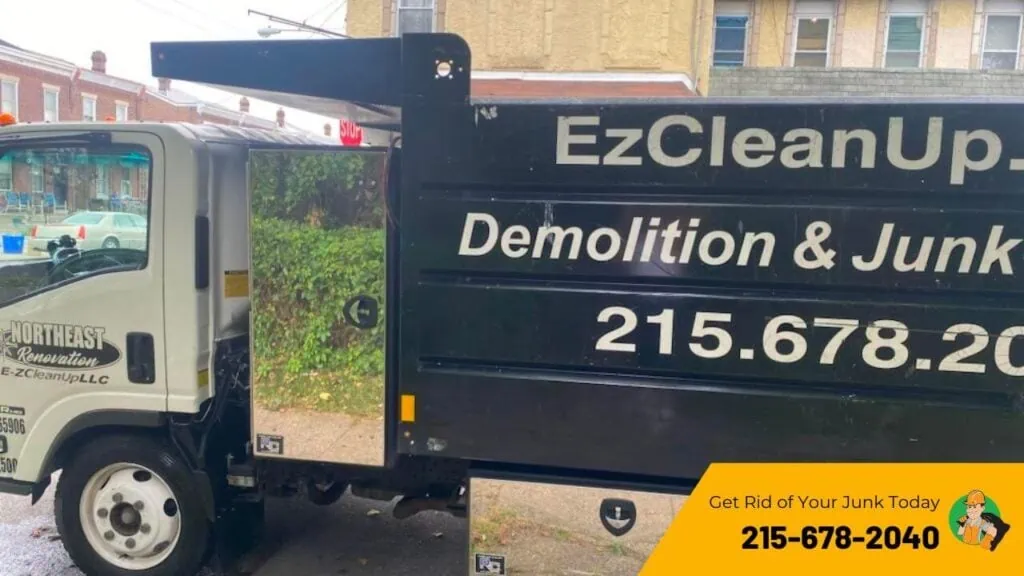
Clear the Decks
The question of how to handle old college books is more than academic—it’s a practical challenge that EZ CleanUp is ready to tackle. After you’ve sifted through your options and taken your pick, the next step is the physical removal of these books.
That’s where we come in. With our comprehensive junk removal services, no book is left behind. We ensure that your post-college transition is as smooth and uncluttered as your shelves.
Ready to clear out those old textbooks? Contact us today!



